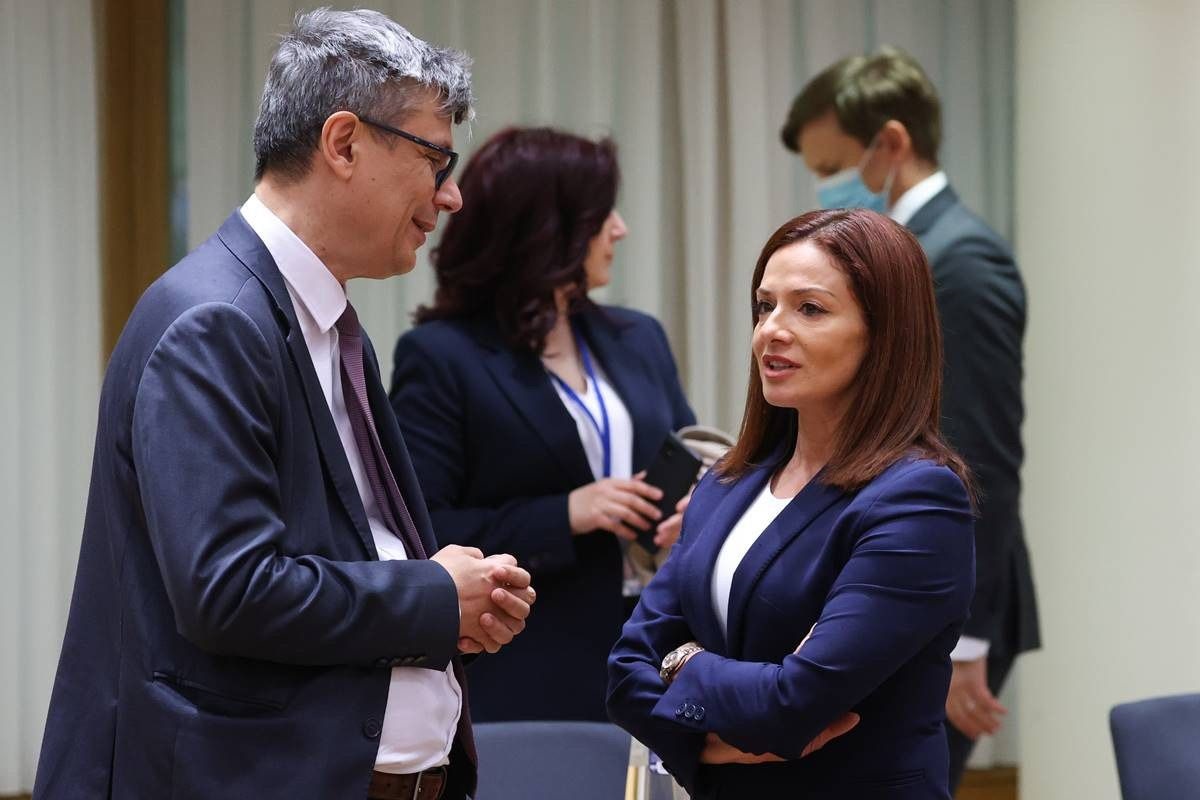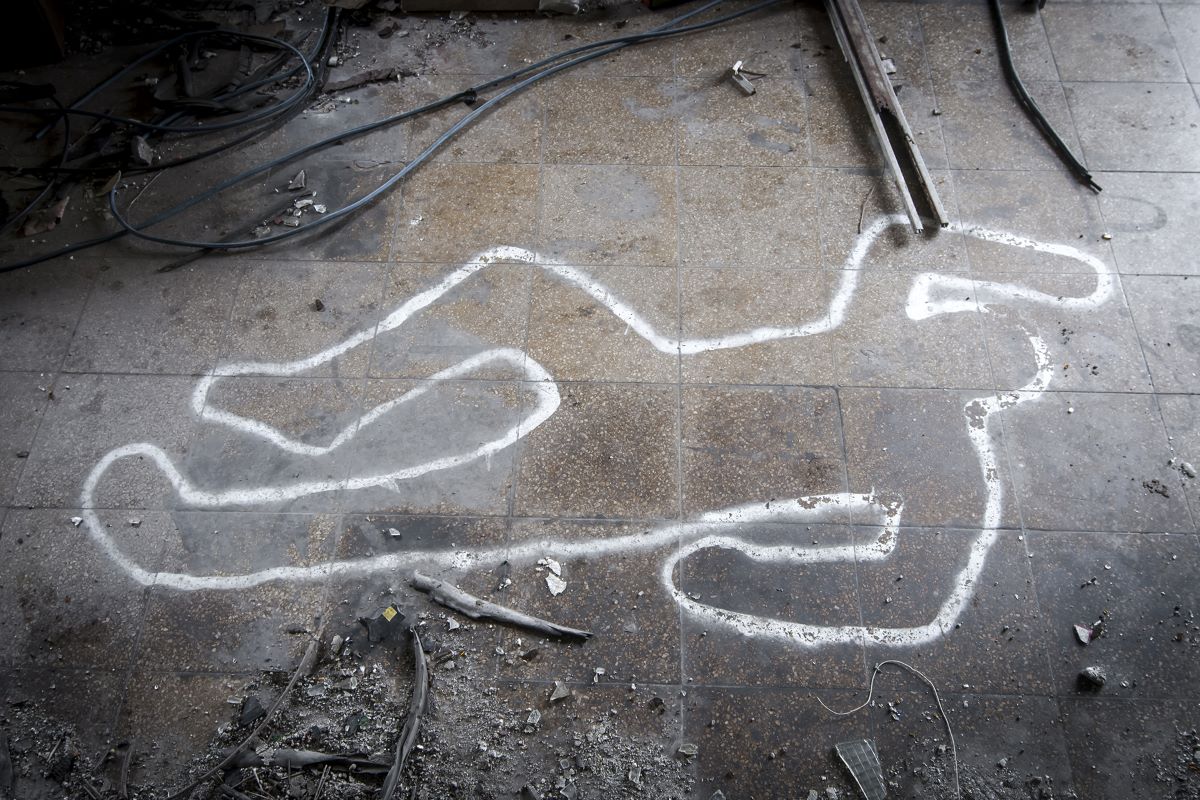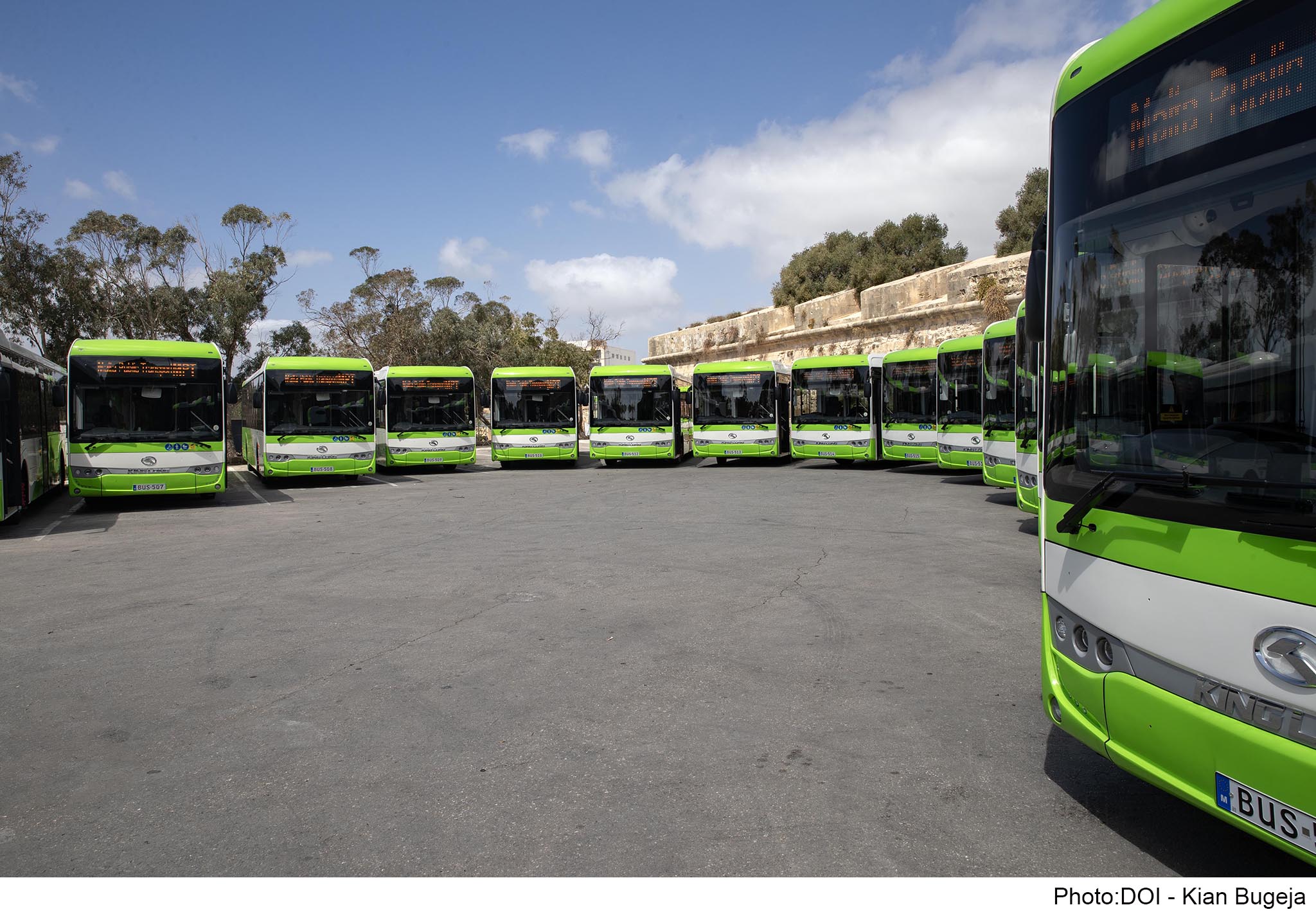The European Union’s energy ministers convened in Brussels for an urgent Energy Council to discuss the energy situation in the context of the ongoing war between Russia and Ukraine and the impact on the energy sector.
The ministers discussed the EU’s level of preparedness in the event of a supply crisis, the solidarity measures and availability of instruments at EU level should the need arise.
Minister for the environment, energy and enterprise Miriam Dalli called on the European Commission to ensure security of supply to all. She insisted that this should be done in particular for islands not connected with the European grid. Minister Dalli urged that when the provision of electricity is at danger, solidarity should be shown with everyone without any distinction.
The ongoing Russia-Ukraine war is having a direct impact on energy supplies and prices.
Kadri Simson, the bloc’s Energy Commissioner, said the continent’s gas storage is currently at 32 per cent.
Minister Miriam Dalli explained that Malta was being adversely affected by high wholesale electricity prices, that are being imported from Italy. The minister stated that, in view of the situation in the international sphere, it was now more important than ever that all member states are connected to the European grid for their electricity provision, including gas supplies, and eventually hydrogen.
“Malta’s geography makes the energy impacts more pronounced and challenging to address. The energy market disruptions are affecting freight costs, thereby leading to higher prices and inflationary pressures. Exacerbating the issue further is the lack of choice of transport modes for Malta’s businesses, where all raw materials have to be imported”, said Minister Dalli.
Malta supports a coordinated approach in these particular circumstances, however, member states should be allowed a degree of flexibility to act in a manner that best addresses their particular needs.
The minister also highlighted the importance of scaling up investments in renewable energies and strongly urged the European Commission to channel funding to offshore renewable technology, particularly in the Mediterranean and hydrogen-ready infrastructures.
Where does Malta’s energy come from?
Malta predominantly relies on Liquified Natural Gas (LNG) as a source of energy. A controversial company behind Malta’s gas-fired powerstation, Electrogas, buys LNG and burns it for the production of electricity. This electricity is then sold to Enemalta, the state energy company, which distributes it to the country.
Enemalta is contractually bound to buy electricity through Electrogas, while the latter company purchases LNG on international markets. Former energy minister Konrad Mizzi had negotiated a hedging agreement that would lock in the price of LNG Electrogas would pay Azerbaijan’s SOCAR for the provision of gas over a seven-year period, however it expired last month.
While the Government has pledged to keep electricity prices stable, intervening to cushion the rise in prices, The Times of Malta last week reported that the Government has signed new deals to lock in the price of LNG, which have a similar effect to that of a hedging agreement.
Another source of electricity for Malta is through the Malta-Sicily interconnector. Of a €200 million state budget allocation to shield energy price increases, a considerable amount has been soaked up due to an increase in the price of energy coming from the interconnector, media reports have said.
Unpacking Malta’s new American-style bankruptcy framework
The EU is reforming its insolvency rules to adopt some of the most beneficial elements of the US framework
More than half of all workplace deaths in last two years involved construction
No women died on the job in 2022 and 2023
Government shells out close to €70 million to national bus operator Malta Public Transport in 2023
Buses became free for residents in late 2022, leading to a hefty increase in the public subsidy






